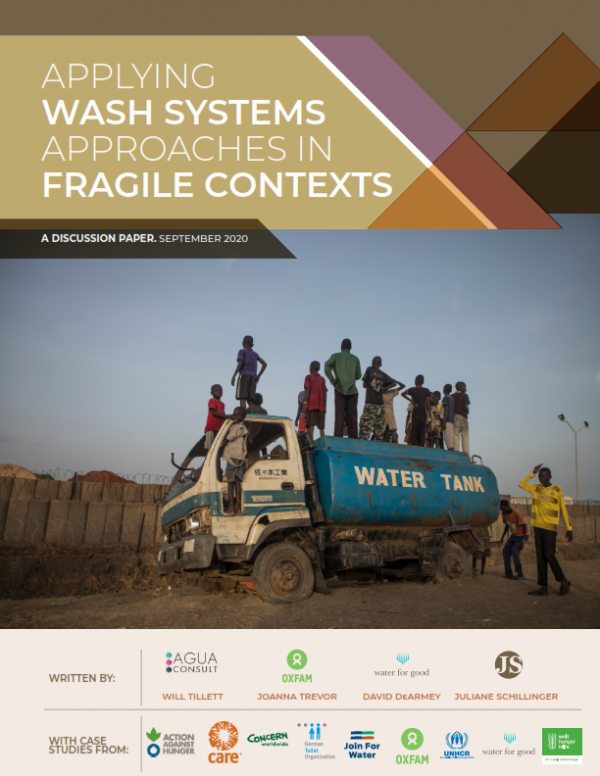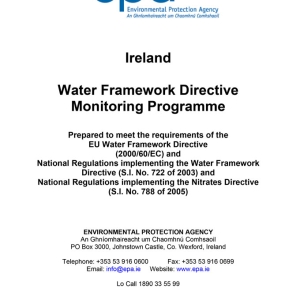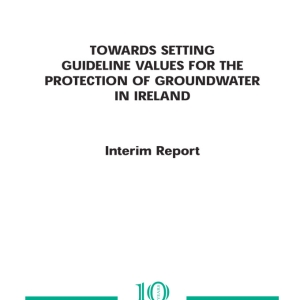Description
Download – Applying WASH Systems approaches in fragile contexts
Title: Applying WASH Systems approaches in fragile contexts
By 2030, 80% of the world’s poorest people will reside in ‘fragile’ states, and many of such states are off track to meet the WASH SDGs. Failing to find effective means to sustainably raise WASH service levels in fragile contexts may mean failing to meet the WASH SDGs. This paper seeks to address the relative gap in sector guidance and documentation on how to apply WASH systems concepts and approaches in fragile contexts to strengthen WASH service resilience. Fragility has a major detrimental impact on a country’s developmental progress. Shocks – both internal or external – can easily pull country systems and the wider sector back down the developmental trajectory. It can take countries 20-30 years to return to pre-conflict levels of service delivery following protracted conflicts. Poor water governance can also be both a cause and aggravator of fragility.
This paper builds on related work in the sector on WASH in fragile contexts and on nexus issues and seeks to add value through applying a systems lens. It is based on the experience of the authors and a number of actors working in fragile contexts, with a mixture of theory and practical case study examples and reflections from 8 INGOs and UNHCR, augmented by a review of relevant sector literature. It is a discussion and practice paper seeking to deepen sector thinking and dialogue on applying WASH systems approaches in fragile contexts, and more broadly in integrating aspects of resilience into systems thinking.
Catégorie : Gestion Eau et Assainissement en situation de catastrophe naturelles








